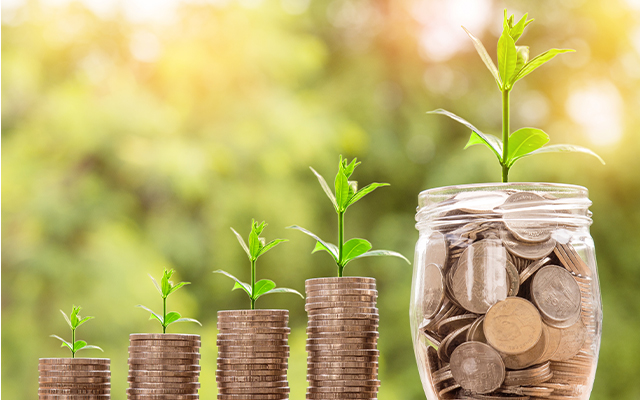
The Plastic Packaging Tax is a first attempt at a tax of its kind, which will directly tax plastic packaging materials. The tax will apply to plastic packaging that does not contain at least 30% recycled plastic, and has been manufactured in, or imported into the UK.
It will be implemented on April 1st 2022, so it’s important to start making records as soon as possible in preparation for this.
Plastic packaging is defined as a product that is suitable for use alone or in combination with other products in the protection, handling, delivery, or presentation of goods at any stages of the supply chain, from the producer of goods to the consumer.
A plastic packaging product is liable for the tax if it does not contain a minimum of 30% recycled content and does not meet any of the exemption criteria (see below).
Plastic packaging includes biodegradable, compostable, bioplastics and oxo-degradable packaging. Recycled content includes both post-industrial and post-consumer waste.
From 1 April 2022, you must register for Plastic Packaging Tax if you’ve manufactured or imported 10 or more tonnes of plastic packaging within the last 12 months, or if you plan to do so in the next 30 days.
If the above conditions are met, it is necessary to register even if you are not required to pay any tax.
Some packaging which is exempt from the tax will still need to be included in your calculation towards the 10-tonne threshold. Find out more about exempt packaging which counts towards the 10-tonne threshold for registration.
The tax will be paid by the importer or manufacturer of the product, and it will be paid using a tax return system similar to the current VAT return model.
In response to the global plastic pollution crisis, whereby plastic waste is infiltrating ecosystems and harming the environment, the Plastic Packaging Tax is a core element of the UK Government’s sustainability policy.
The aim of the tax is to create further demand for increased recycled content within packaging products. Therefore, minimising unnecessary plastic usage and potentially diverting plastics from landfill/incineration, as well as driving innovation in recycling technologies within the UK.
A packaging component is plastic if it contains more plastic by weight than any other single substance in the component.
For example, if a 10-gram packaging component is made of 4 grams of plastic, 3 grams of aluminium, and 3 grams of cardboard, then all 10 grams will be considered plastic packaging for the purpose of the tax. Similarly, if the 10-gram packaging component was 3 grams of plastic, 4 grams of aluminium and 3 grams of cardboard, none of the item would be taxable. If the weight of plastic in the component is equal to the weight of another single material used, the component would not be considered as plastic for this tax.
If packaging has already been imported into or manufactured in the UK before 1st April 2022, then it will not be liable for the tax.
There are 4 categories of packaging exempt from the tax. They are products designed to be:
Yes – we either have recycled content or a paper alternative.
For all applicable packaging products (made from plastic with less than 30% recycled content), Hazel 4D will have already paid the Plastic Tax, and this will be reflected in the price of our products. Our customers will not be charged any additional Plastic Packaging Tax when ordering products, as all pricing quotes will have already accounted for the Plastic Tax – so there are no hidden surprises!
Your records must be kept by reference to each product line and show:
For example, if you claim an exemption from Plastic Packaging Tax on the basis that the plastic packaging is used for the immediate packaging of human medicine, you need to hold information supporting your claim (such as the license numbers of the medicines involved).